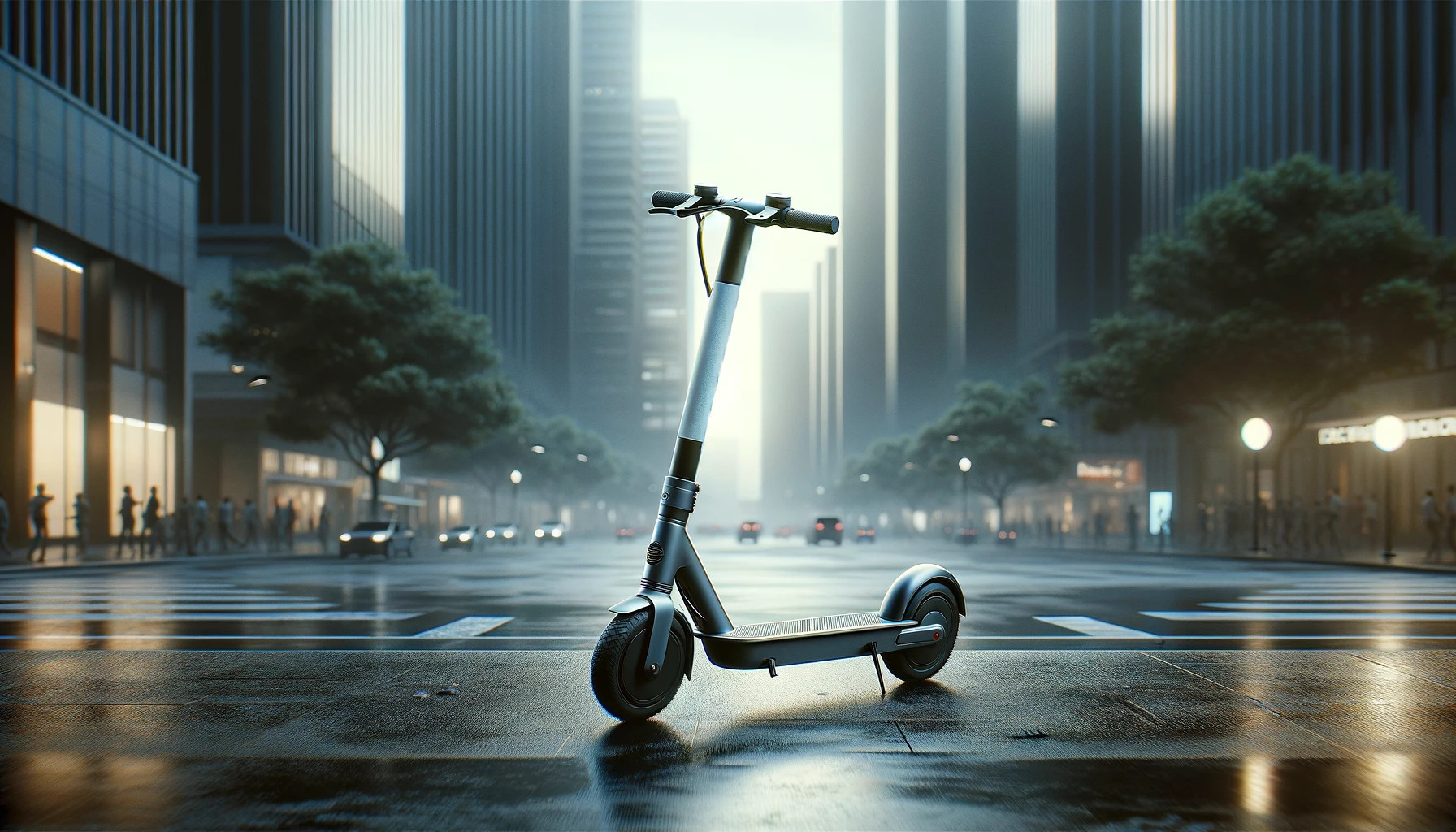
Por Contxto
December 20, 2023
Bird, an electric scooter company, has filed for Chapter 11 bankruptcy, reflecting a challenging year. Despite the bankruptcy, Bird will continue operations, aiming for long-term stability. The company, founded in 2017 by ex-Lyft and Uber executive Travis VanderZanden, went public in 2021 but faced a steep decline in market value.
Bird’s stock plummeted from a $2 billion valuation to just $70 million within a year, leading to its delisting from the NYSE in September. This decline was followed by CEO VanderZanden’s departure in June and a recent layoff round after acquiring Spin. Bird also secured $25 million in financing through Apollo Global Management’s MidCap Financial to aid its restructuring process.
Interim CEO Michael Washinushi expressed commitment to Bird’s transformation and profitability goals. The restructuring aims to sell Bird’s assets, initiating a bidding process for maximum value recovery. Notably, Bird’s Canadian and European operations are not included in the bankruptcy filing.
Previous Operations in Mexico
Bird’s expansion into Latin America began in 2018 with the launch of electric scooters in Mexico City, marking the company’s entry into the region. This move was part of a strategy to explore new markets for urban transportation solutions.
However, in the following years, Bird, along with other companies like Lime, reduced their operations in Latin America. This shift was a strategic decision to focus on primary markets, leading to a gap in the market. Bird’s initial expansion into Latin America was a significant phase in the company’s history, reflecting its ambition to modernize urban mobility globally.

Por Contxto
June 8, 2024

Por Contxto
June 6, 2024

Por Contxto
April 26, 2024